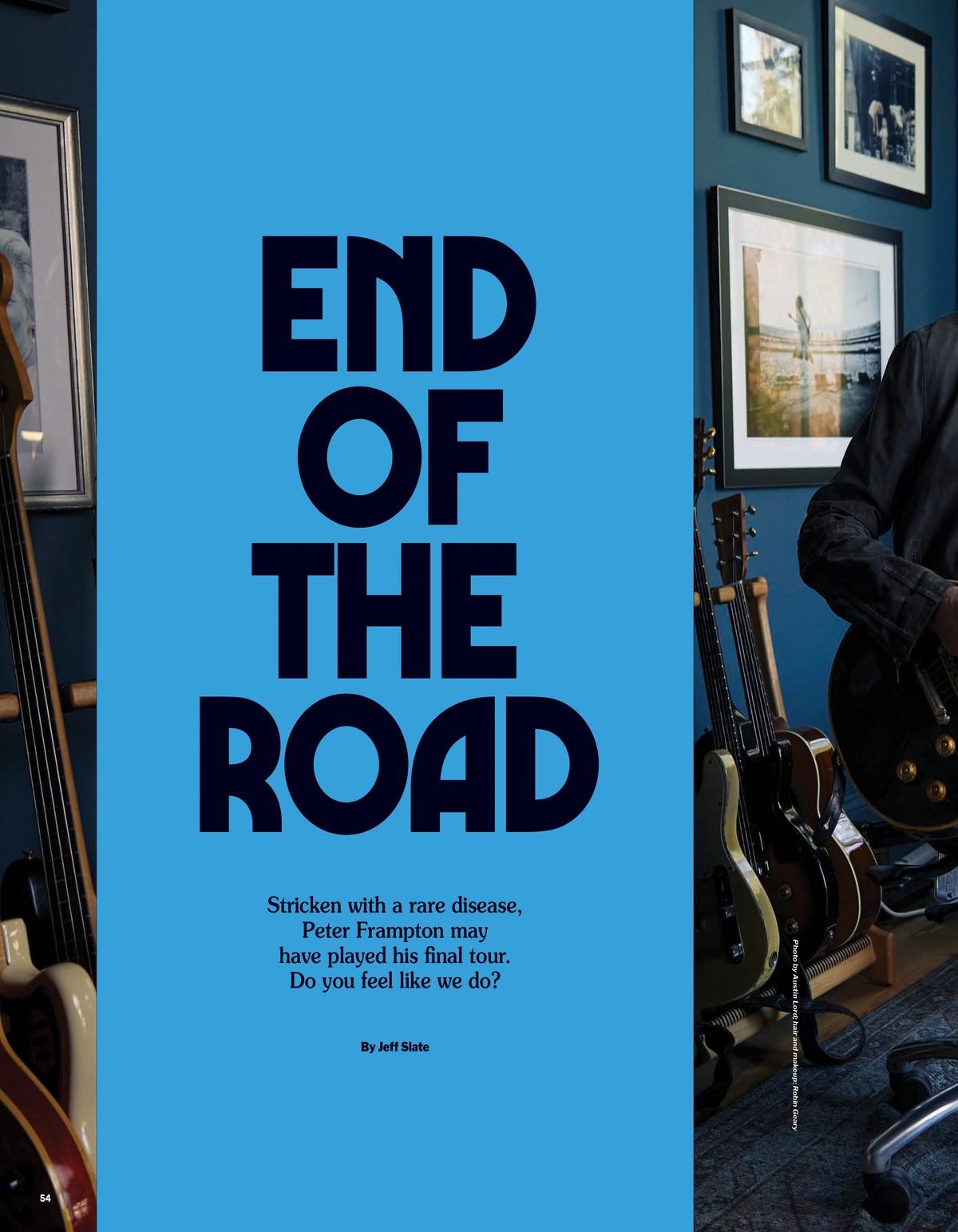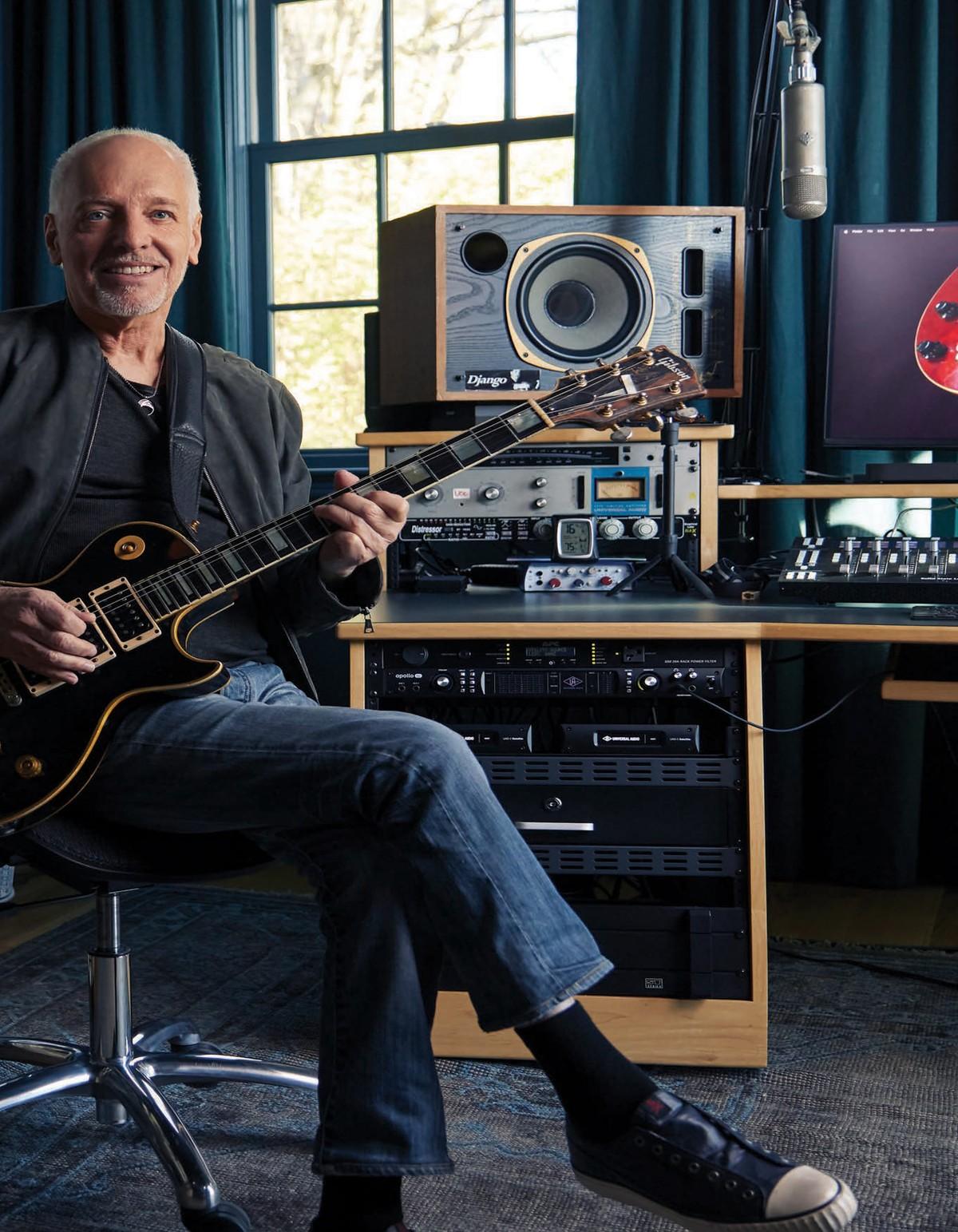END OF THE ROAD
Stricken with a rare disease, Peter Frampton may have played his final tour. Do you feel like we do?
March 1, 2023


Loading...

Stricken with a rare disease, Peter Frampton may have played his final tour. Do you feel like we do?


Loading...